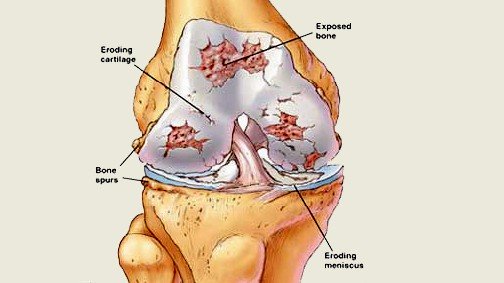
The new inhibitor is more selective than other compounds designed to target the same inflammatory pathway. Rather than blocking the entire pathway, the new compound, called CDD-450, hits just one of several branches a bit downstream of the p38 MAPK protein, as blocking that pathway while allowing the other branches to operate freely may remedy the inflammation recalibration problem.
Protein p38 MAPK is responsible for helping tissue remain healthy when working properly. But when the protein becomes chronically switched on, it creates collateral damage, attacking the body's own tissues and resulting in such autoimmune disorders as rheumatoid arthritis.
7 ridiculously simple ways to beat arthritis
Studying mice, rats and human cells, the researchers found that the new compound reduces levels of inflammatory signalling molecules. Further study also showed that it prevents the destruction of bones and joints in a rat model of rheumatoid arthritis.
"This compound only blocks the p38 MAPK-MK2 downstream pathway, the one that drives inflammation. And more importantly, we showed that it blocks these signals in a rat model of inflammatory disease, preventing the bone loss and joint damage that is characteristic of rheumatoid arthritis," said senior author Gabriel Mbalaviele, an associate professor of medicine at Washington University.
Moreover, the new compound does not have the downsides of some anti-inflammatory drugs currently in use, Mbalaviele added. CDD-450 is a chemical compound that could be taken by mouth and could avoid an immune response, therefore maintaining its effectiveness.
The researchers are moving toward early clinical trials to test the safety of CDD-450 in people.
The study has been published online in the Journal of Experimental Medicine.










































COMMENTS
Comments are moderated and generally will be posted if they are on-topic and not abusive.
For more information, please see our Comments FAQ